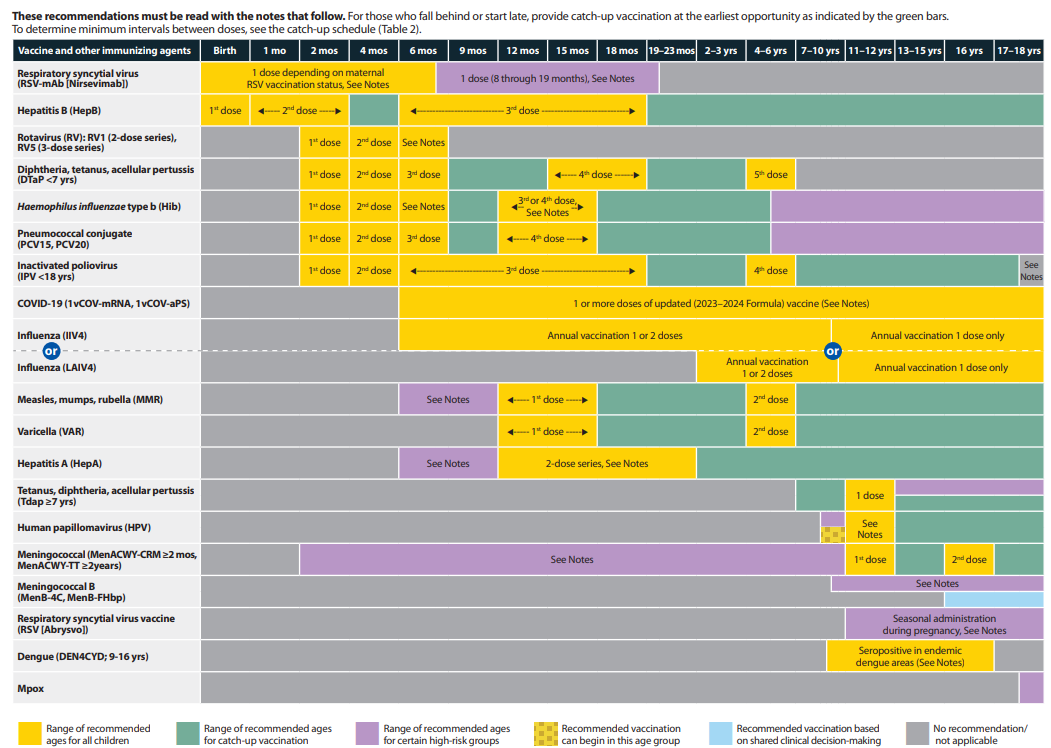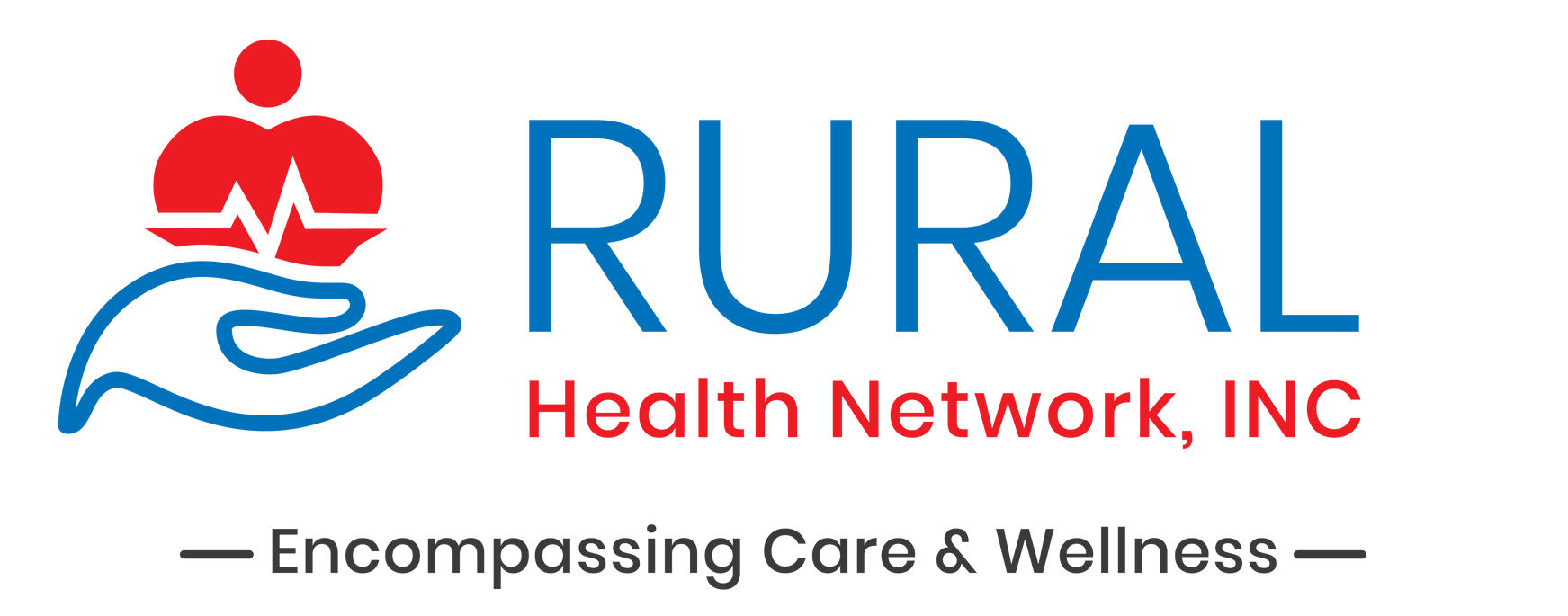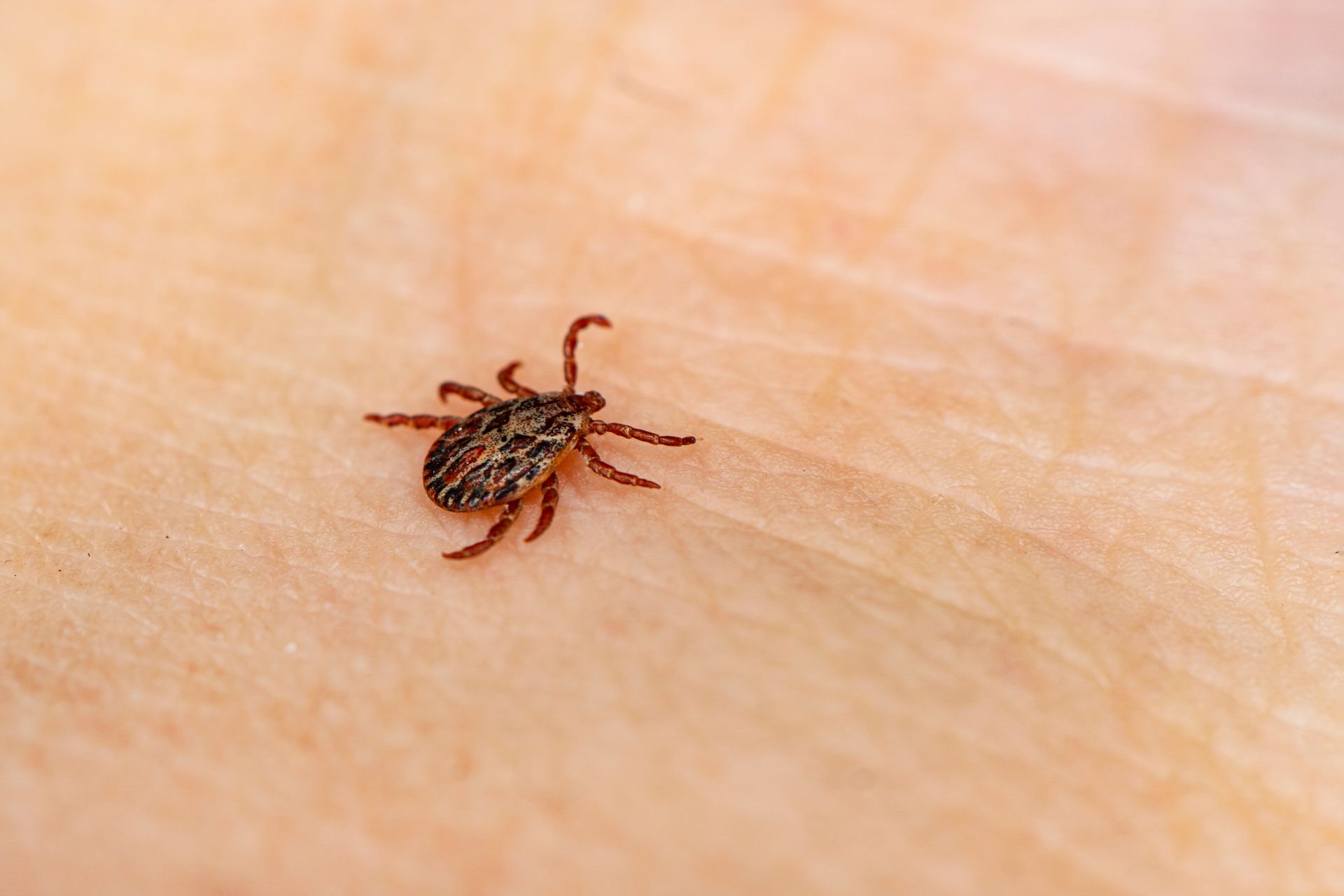Well-Baby Checkups: ABCs for New Parents

As new parents, one of the most crucial responsibilities you take on is ensuring the health and well-being of your newborn.
Well-baby checkups are your first defense and guidance as you navigate these early stages. These visits are not just about tracking growth or getting those necessary vaccinations; they are a fantastic opportunity to learn the ropes of effective parenting as they help you understand your baby’s needs and developmental milestones.
From decoding your baby’s developmental milestones to addressing any concerns, these checkups help you feel more confident and prepared for newborn care.
What Are Well-Baby Checkups?
Well-baby checkups are routine visits to the doctor to monitor and promote the health and development of infants and young children. These appointments allow doctors to assess physical growth, developmental milestones, and the emotional and social well-being of children from infancy through early childhood.
During these visits, healthcare providers perform the following procedures:
- Conduct thorough physical examinations
- Administer vaccinations to prevent diseases
- Perform various screenings to detect potential health issues early
- Provide newborn feeding guide and other nutrition advice
- Give tips on parenting practices and other safety measures
Wellness visits also serve as a valuable platform for parents to express concerns and inquire about their baby’s development. These checkups ensure that your little ones grow up healthy and achieve their full developmental potential, providing peace of mind to parents and a strong foundation for lifelong health.
What to Expect at Well-Baby Checkups
The following is a quick rundown of what to expect during your well-child visits at Rural Health Network:
A. Newborn to 6 Months
Your baby will undergo checkups at approximately three days old, one month, two months, four months, and six months. Each visit includes a thorough physical exam, during which the doctor checks the baby's growth by measuring weight, length, and head circumference.
The doctor will assess basic sensory capabilities like sight and hearing as well as developmental milestones such as the baby's ability to lift the head, smile, and respond to sounds.
There will also be newborn screening tests, which check for metabolic, genetic, and endocrine problems. Doctors may also conduct hearing tests and other periodic screenings.
Vaccinations given during these visits include:
- Hepatitis B
- Rotavirus
- Diphtheria, Tetanus, Pertussis (DTaP)
- Haemophilus Influenzae Type B (Hib)
- Pneumococcal Immunization
- Poliovirus vaccines
B. 6 Months to 12 Months
Appointments typically occur around nine months and 12 months. This period focuses on continued assessments of physical growth, fine motor skills, and sensory abilities like hearing and vision. Your doctor will check for milestones such as sitting without support, babbling, and starting to crawl. Social and emotional development assessments include reactions to familiar and unfamiliar situations.
Vaccinations given during these visits include:
- Additional doses of earlier vaccines
- MMR (measles, mumps, and rubella) immunization
C. 12 Months to 24 Months
Expect to visit a doctor at 15 months, 18 months, and 24 months. The focus of the checkup shifts slightly to include language and social/emotional development. The doctor will observe the child's basic language use, walking ability, and engagement with toys, caregivers, and peers. They may also start routine screenings for iron deficiency and lead exposure based on risk factors.
Vaccinations given during these visits include:
- Second dose of MMR and Varicella
- Boosters for DTaP and Poliovirus
Read: Benefits of Family Wellness Exams
Child and Adolescent Immunization Schedule
Vaccinations are vital for preventing illnesses that have severe complications for young children. These include measles, mumps, rubella, whooping cough, and influenza. Immunizations protect your child and help safeguard public health by maintaining herd immunity.
Below is an overview of the
2024 Child and Adolescent Immunization Schedule from the Centers for Disease Control and Prevention (CDC):

Visit the CDC’s Immunization Schedules for the full guidelines.
Tips for Making the Most Out of Well-Child Visits
To make each visit as productive as possible, here are some tips to prepare for and make the most of your well-baby checkups:
Before the Visit
Keep a Record of Your Baby’s Health and Development
Maintain a diary or log of your baby's daily routines, including sleep patterns, feeding times, and diaper changes. Note any new behaviors or milestones your baby reaches. Remember to jot down any signs of illness or changes in their health, too.
Organize Your Baby’s Medical Records
Bring any medical records that your physician does not already have. Prepare records from hospital stays, visits to specialists, immunization records, and any medications or supplements your baby takes.
Know Your Family History
Prepare to discuss your family’s medical history, as some conditions are hereditary and may influence your baby’s health assessments. This record will be invaluable during your discussion with the doctor.
Compile Your Questions and Concerns
Before the visit, write down any concerns or questions you have, including inquiries about sleep, feeding, behavior, or safety. This step ensures you will remember to ask important questions during the consultation.
During the Visit
Discuss Growth and Milestones
Use your notes and observations to discuss your baby's recent growth and development. Be specific about any milestones achieved and any newborn behaviors that concern you. Go through your list of prepared questions or concerns. Feel free to ask for clarifications if the doctor’s responses need to be clearer or more detailed.
Review Health and Medical Issues
Don’t hesitate to share your worries, even if you think they might be minor. It’s better to discuss an issue rather than overlook a potential problem. Bring up any signs of illness or unusual behavior you’ve noticed. Discuss any episodes of fever, rash, eating difficulties, or sleeping irregularities.
Inquire About Resources
In addition to getting expert advice on infant care from your doctor, ask them for recommendations on books, websites, and other reliable sources of information that may help you learn more about parenting and child health.
Seek Recommendations for Specialists
If there are ongoing health or developmental issues, ask about specialists like dietitians, physical therapists, or child development experts who offer more targeted help.
After the Visit
Schedule the Next Appointment
Before leaving the office, schedule your next appointment. Keep track of upcoming visits to ensure you attend future checkups and vaccinations. If you must cancel an appointment, reschedule as soon as possible.
Monitor Progress and Adhere to Recommendations
Follow through with any recommendations from the healthcare provider, whether it’s scheduling follow-up tests, starting new medications, or adjusting your baby’s diet. Keep an eye on how your baby responds to any new treatments or changes recommended by the physician.
Update Records
After the visit, update your records with any new information or instructions the doctor provides, including details of administered vaccinations and any new findings or concerns discussed during the visit.
Stay Consistent
If possible, visit the same doctor for each checkup. A long-term relationship with your child's doctor provides a comprehensive understanding of their health history.
Well-Child Visits at Rural Health Network, Inc.
Our dedicated and compassionate healthcare staff at Rural Health Network are committed to supporting your family through personalized baby care plans that consider every aspect of your infant's development.
We go beyond the basics of general pediatrics to embrace holistic care for your family. Our approach monitors and promotes your child’s health and educates and empowers parents with the tools they need for successful parenting.
By choosing us for your well-child visits, you're getting more than just a doctor but also a reliable partner in your child's long-term wellness.
Book an appointment online or contact (209) 862-3604 to get started!










